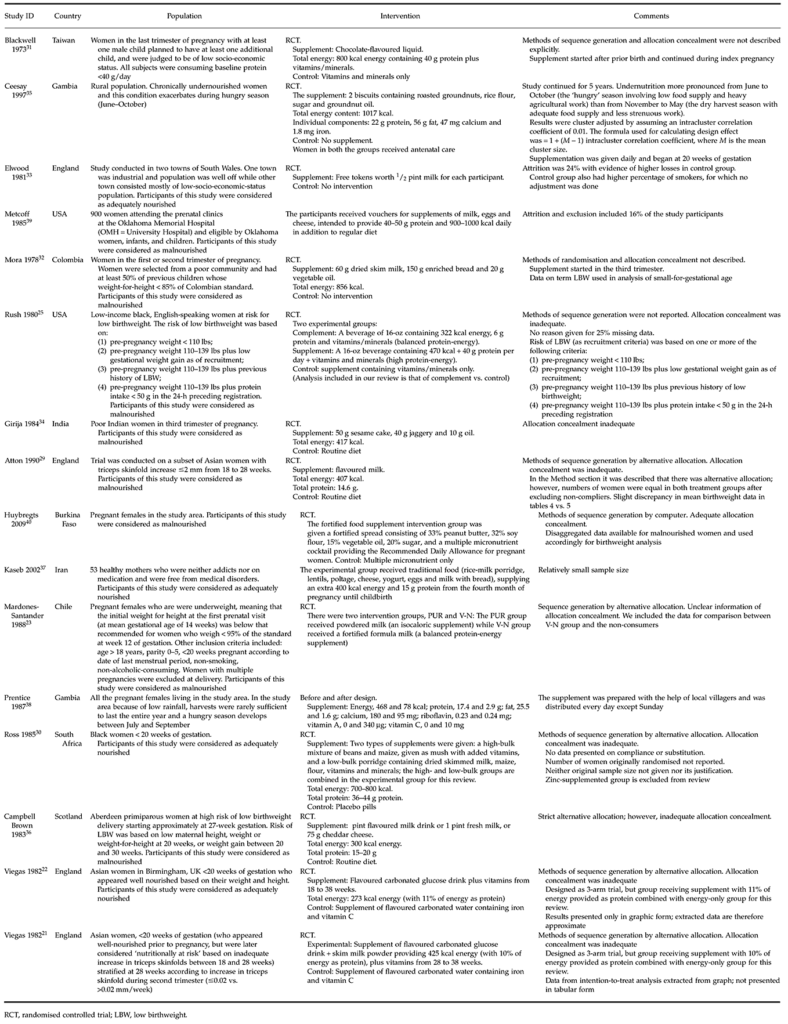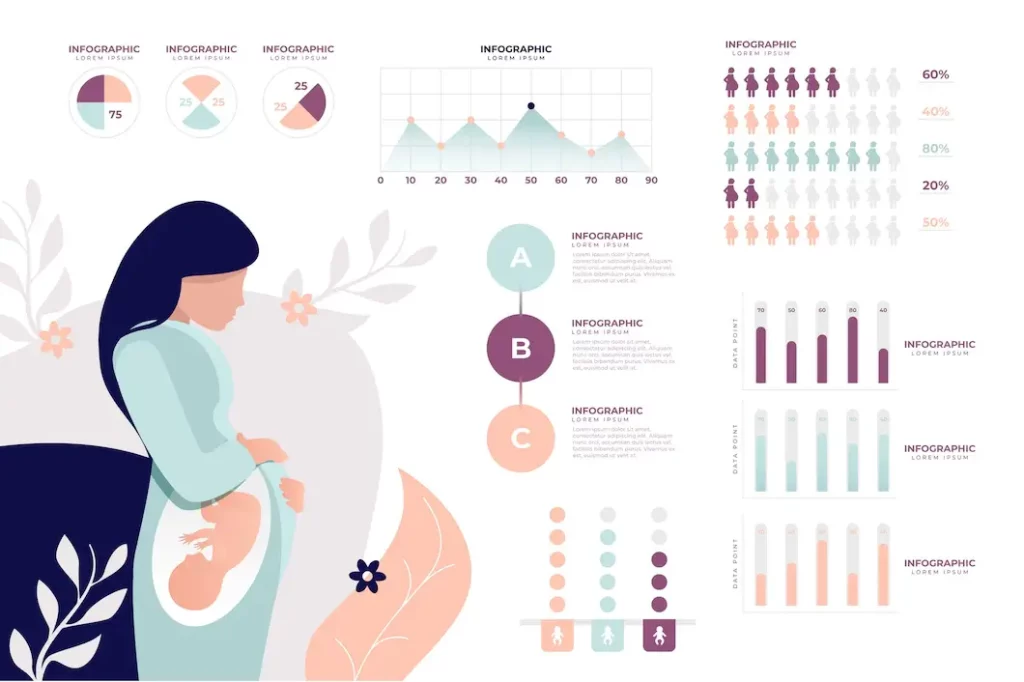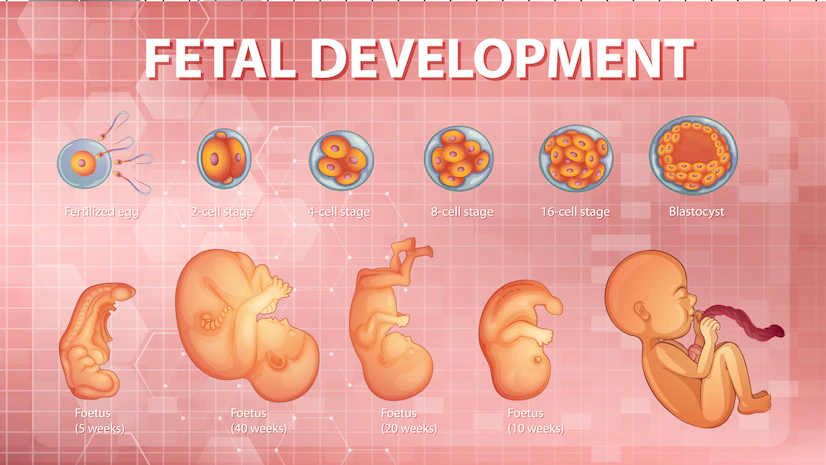We’re going to know everything about maternal nutrition and pregnancy outcome in detail through this blog post from Bekoka press.
Over the past centuries, much has been learned about maternal nutrition’s position in pregnancy outcomes. While also animal models provide the majority of the data, human findings are progressively accruing. Because of the high neonatal fatality rate, in particular in developing countries, there is a need to enhance maternal nutrition.
maternal nutrition and pregnancy outcome
Once trying to interpret the study’s findings, the writer used a theoretical foundation that considered both secondary and primary factors. Nutrition is essential in lowering some of the risks of pregnancy, like fetal and infant mortality, stunted intra-uterine growth, low newborn weight and preterm birth, congenital abnormalities, cretinism, poor brain development, and infectious disease danger.
Famine research
Several studies were conducted in the Netherlands, Stalingrad, and Germany during the Second World War, and expertise about maternal malnutrition and its relationship with birth outcomes was deduced mainly from this research. These studies had one feature in common: a severe food shortage due to the war.
The Dutch famine seemed to last six months during the winter of 1944-45.5-7 Mothers’ eating habits were significantly reduced as formal ration packs dropped as low as 590 calories per day. This food shortage did result in maternal weight loss of up to 2.5 kg compared to the pre-famine stages.
The impact of prenatal dietary protein on pregnancy outcome
This section will review research on macronutrient food supplementation for pregnant women. Additional energy is needed during pregnancy for the growing fetus, placenta, and numerous maternal tissues, like the uterus and breast, as well as fat stores. 14 A woman should join pregnancy with an average weight and nutrition. Pre-pregnancy mass is a strong predictor of LBW.
Poor maternal nutrient adequacy [low body mass (BMI)] at conception, low gestational excess weight due to poor dietary intake, and short maternal stature due to the mother’s own early life undernutrition are the main factors of LBW in low- and moderate-income regions.
Methods
A literature search was carried out on various electronic datasets to evaluate the effectiveness of equitable dietary protein. Appendix S1 lists the research methods in use in various databases. We used meta-analysis to summarize the collaborative data from various controlled trials.
Requirements for inclusion and exclusion
• Equitable protein-energy fortification was described as nutritional supplements taken during pregnancy in which nutrients accounted for no more than 25percentage points of overall energy content.
• Studies where the primary interference was diet advice to pregnant women to boost protein/energy intake, high protein dietary supplements (i.e., supplementation wherein protein offers at least 25percent of overall energy content), isocaloric protein fortification (wherein the nutrient substitutes an equal amount of non-protein-energy content), or reduced energy diet to pregnant women were exempted.
Synthesis of quantitative
LBW, small-for-gestational-age, and implied birthweight was the this of interest (g). Other neonatal and maternal results collected included mortality rate, stillbirth, birth length, head size, pre-eclampsia, more significant weight gain/week, and Bayley mental scoring system at one year.
Outcomes
Figure 1 depicts the results of the literature seek. From search queries across all databases, we found 5606 titles. Following a review of the abstracts and titles of 24 studies addressing protein-energy nutritional supplements during pregnancy were recognized. To perform meta-analyses, data from 16 interventional studies were extracted. Table 1 summarises the qualities of the studied studies. Table 2 summarises the reasons for the isolation of nine studies. Eight of the studies included were from developing nations.


Strategies to enhance maternal nourishment for a good pregnancy outcome
Pregnant women should eat a variety of foods
Pregnant women could perhaps eat a variety of foods high in protein, iron, iodine, vitamin A, folic acid, zinc, and calcium to meet the requirements of their growing fetus.
Increase the number of nutrients available to pregnant women
Throughout pregnancy, the body’s need for energy and nutrient-rich increases. Just a tiny amount of more fuel is required for well-nourished women because the body adjusts to the enhanced energy needs and grows more fuel-saving through reduced physical activity and a decreased metabolic rate.
Numerous, but not all, micronutrient prerequisites arise during pregnancy. Inadequacies could indeed occur due to disease-related losses or malabsorption, insufficient intakes, a lack of understanding about sufficient prenatal nutrients, or dietary taboos related to pregnancy, all of which may have harmful repercussions for both moms and newborn infants. Anemia in pregnancy and prenatal hypertension are prevalent in developing countries and, thus, are believed to contribute markedly to maternal death and morbidity. There is insufficient evidence. Nevertheless, that nutrient is involved in prenatal hypertension.
Micronutrient intake as part of prenatal care may reduce maternal morbidity and mortality by treating a pregnancy-related illness or indirectly by lowering the risk of health problems during delivery—nonetheless, the effectiveness of food fortification programs, particularly those for iron and folate.
Conclude
Maternal nutrition has a significant impact on fetal development and birth outcomes. It is a variable risk factor of importance to public health to avoid adverse birth results, especially among low-income and developing-country populations. It was possible to discover that almost all existing studies of randomized controlled trials and other epidemiological research performed in various regions of the world disclosed that proper nutrition for the mother before and during pregnancy is advantageous for enhanced pregnancy outcomes. Diet education should be offered to mothers, dads, older women, and children at every chance so that they can be proponents for proper nutrition for pregnant women.
References
Maternal Nutrition and Birth Outcomes: Effect of Balanced Protein-Energy Supplementation
Maternal nutrition and birth outcomes: effect of balanced protein-energy supplementation


